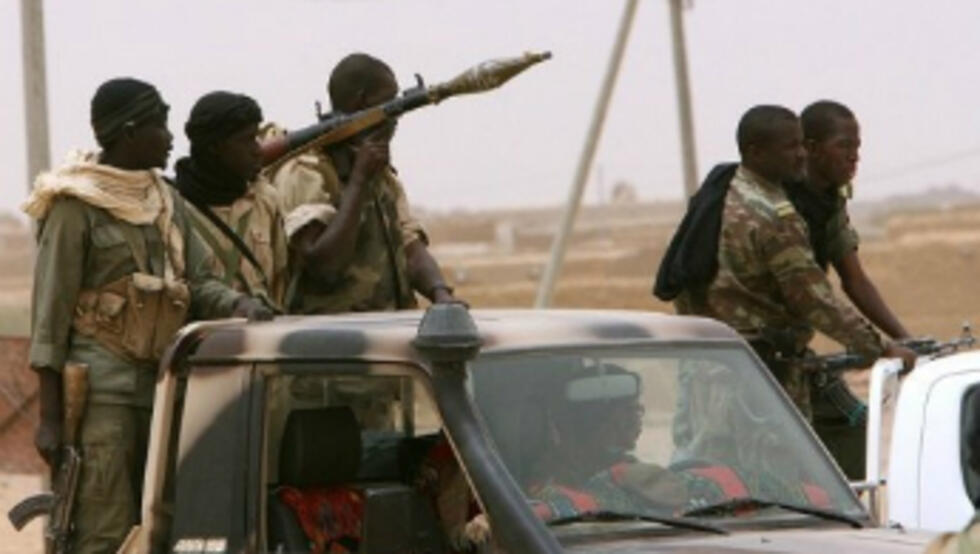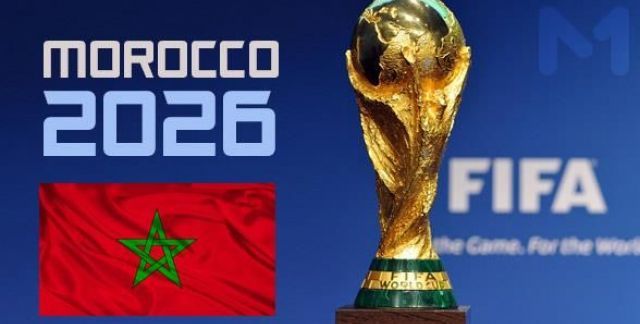Following the demise of its former boss Yevgeny Prigozhin and with a new leader at its helm, the infamous paramilitary Wagner Group is back in the game, helping the Kremlin to strengthen Russia’s presence in Libya and other parts of Africa.
Years of civil war and chaos, the devastating flood, the absence of a democratic path, being politically fragmented between two rival administrations yet oil- and gold-rich, have made Libya prone to the influence of armed groups, most notably the Russian Wagner Group.
Now under the lead of the new boss, General Andrei Averyanov, the paramilitary group is used by Moscow to expand its “security for resources” blueprint in the North African country, experts say. According to a recent report by the London-based military think tank Royal United Services Institute (RUSI), Russia is about to step up efforts even further in the form of an “Entente Roscolonial” — a group of states that actively seek to assist Russia — in the Middle East and Africa. With the gaze of much of the world fixed on the carnage unfolding in Gaza, the politically fragmented yet oil- and gold-rich Libya is a prime candidate for this kind of new “Russian colonialism.”
Since Prigozhin’s tragic death, the Wagner Group has been assigned to Russia’s military intelligence, with its new leader, General Averyanov, suspected of playing a role in destabilizing European countries.
The mercenaries now under his command in Libya who have been rebranded as the “Expeditionary Corps” continue to support General Khalifa Haftar and his Tobruk-based Libyan National Army (LNA). “Libya has been functioning as a bridgehead,” says Tim Eaton, senior research fellow at the London-based think tank Chatham House, since Wagner’s objectives in the North African country “have been mainly to get access to oil revenues …, but also to ensure that it can access the broader African continent.”
To that end, “Wagner has also been transporting portable surface-to-air missiles, ammunition, fuel and other cargo from Libya to Sudan’s Rapid Support Forces, who are at war with the Sudanese Armed Forces,” says a recent analysis by German Institute for Global and Area Studies (GIGA).



